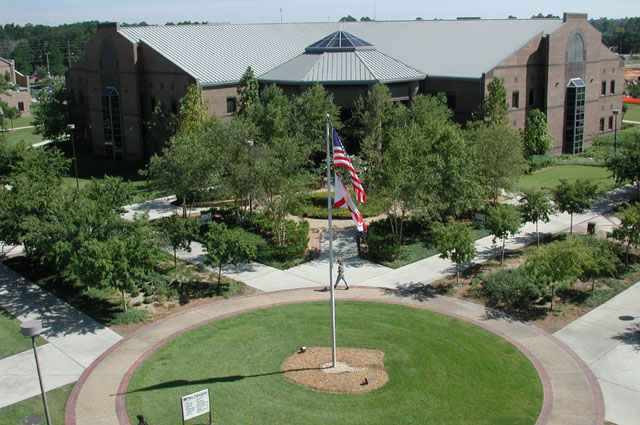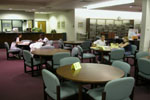Environmental Working Group.
 |
| The story of EWG |

Recommended in ALA's February 2014 issue of Choice.
"Main sections of the site are accessible via tabs across the top of each page; they include News, Key Issues, Research, and Consumer Guides. The Key Issues tab is divided by topic, e.g., Consumer Products, Energy, Farming, Food, and Toxics. The Research section features reports on EWG research on a variety of topics, with recent ones focusing on endocrine disruptors and endangered wetlands. These reports, which can be downloaded in PDF format, are thorough, with clearly outlined methodology, abundant data, and necessary references to reputable sources.



























